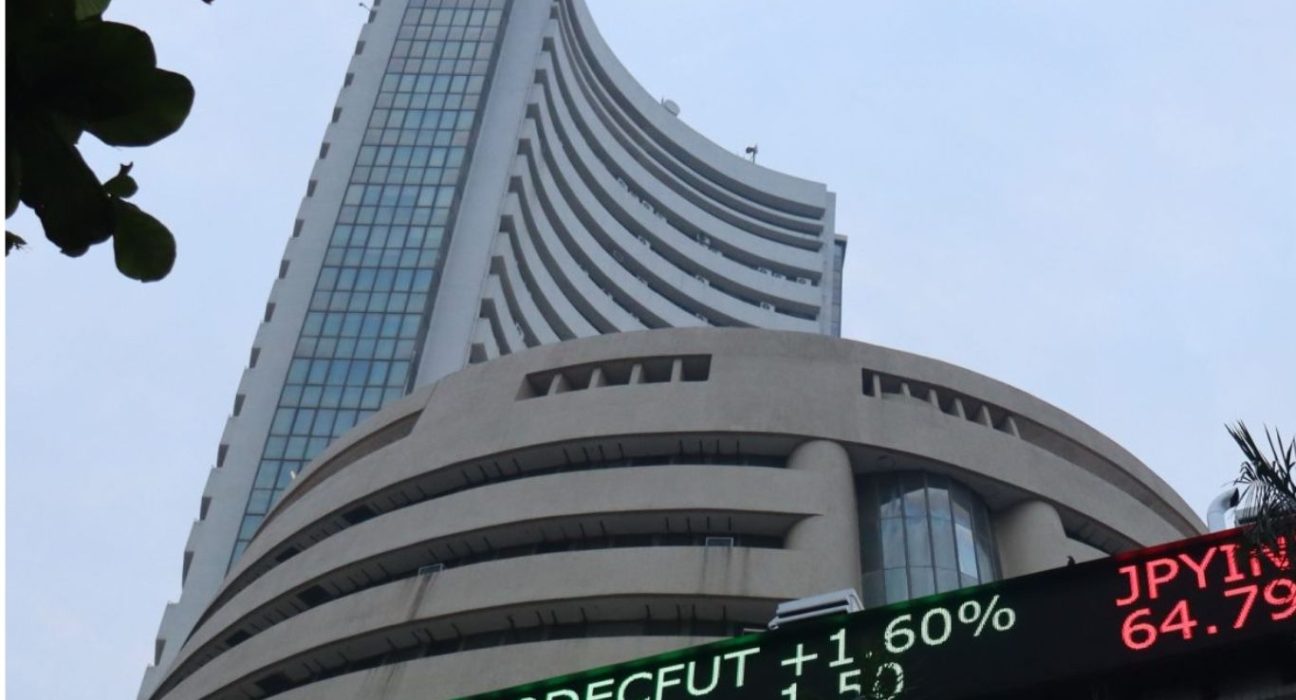Revolutionizing India’s Stock Market with Instant Settlement
The Future of Indian Stock Trading: A Glimpse into Instant Settlement
In a groundbreaking move, India’s market regulator is set to revolutionize the nation’s stock market by introducing instant settlement of stock market trades by October 2024. This significant development marks a departure from the traditional “T+1” settlement system, where trades are settled one day after initiation. In this article, we delve into the implications, benefits, and potential challenges associated with this imminent transformation of India’s stock trading landscape.
Instant Settlement: A Paradigm Shift
Embracing Real-Time Trade Settlement
The proposed instant settlement system in India’s stock market is poised to redefine the way traders and investors conduct their transactions. Instead of the current one-day delay in settling trades, instant settlement will ensure that all transactions are finalized immediately upon execution. This fundamental shift holds the promise of streamlining and modernizing India’s financial markets.
The Implications for Investors
Empowering Investors with Real-Time Control
Instant settlement brings a myriad of advantages for investors. Firstly, it minimizes counterparty risk, as transactions are settled almost instantaneously, reducing the chances of settlement defaults. This enhanced security can boost investor confidence, attracting both domestic and international participants to India’s stock market.
Furthermore, instant settlement allows investors to gain quicker access to their funds. Unlike the existing system, where funds may be tied up for a day, instant settlement provides immediate liquidity, enabling investors to make faster investment decisions and capitalize on emerging opportunities.
Market Efficiency and Liquidity
Enhancing Market Efficiency and Liquidity
Instant settlement can significantly enhance the overall efficiency and liquidity of India’s stock market. With trades settled in real-time, investors can execute strategies more efficiently, leading to reduced market volatility and tighter bid-ask spreads. This increased liquidity is likely to make the market more attractive to institutional investors and traders, further boosting trading volumes.
Challenges and Infrastructure
Overcoming Technological Hurdles
While instant settlement holds immense promise, its implementation is not without challenges. One of the primary concerns is the readiness of India’s market infrastructure to handle the transition. The existing systems and processes may require substantial upgrades to facilitate instant settlement seamlessly.
Additionally, cybersecurity and fraud prevention will become paramount in a real-time settlement environment. Regulators and market participants must invest in robust security measures to safeguard against potential threats.
Regulatory Considerations
Regulatory Framework for Instant Settlement
The regulator’s role in overseeing the transition to instant settlement cannot be understated. A well-defined regulatory framework must be put in place to ensure fairness, transparency, and compliance with market rules. The regulator’s ability to adapt to the changing landscape will be crucial in the successful implementation of this transformative initiative.
International Comparisons
Learning from Global Experiences
India is not the first country to explore instant settlement. Several international markets, such as the United States and parts of Europe, have already adopted or are considering similar systems. By studying these experiences, India can learn valuable lessons and best practices for a seamless transition.
Conclusion
India’s Path to a Modernized Stock Market
In conclusion, India’s stock market is on the verge of a profound transformation with the imminent introduction of instant settlement by October 2024. This shift from the traditional “T+1” settlement to real-time settlement promises increased efficiency, reduced risk, and enhanced liquidity. However, the successful implementation of instant settlement will depend on addressing technological challenges, robust regulatory oversight, and learning from global experiences. As India prepares to embrace this financial revolution, market participants, regulators, and investors must work collaboratively to ensure a seamless transition into a new era of stock trading.










